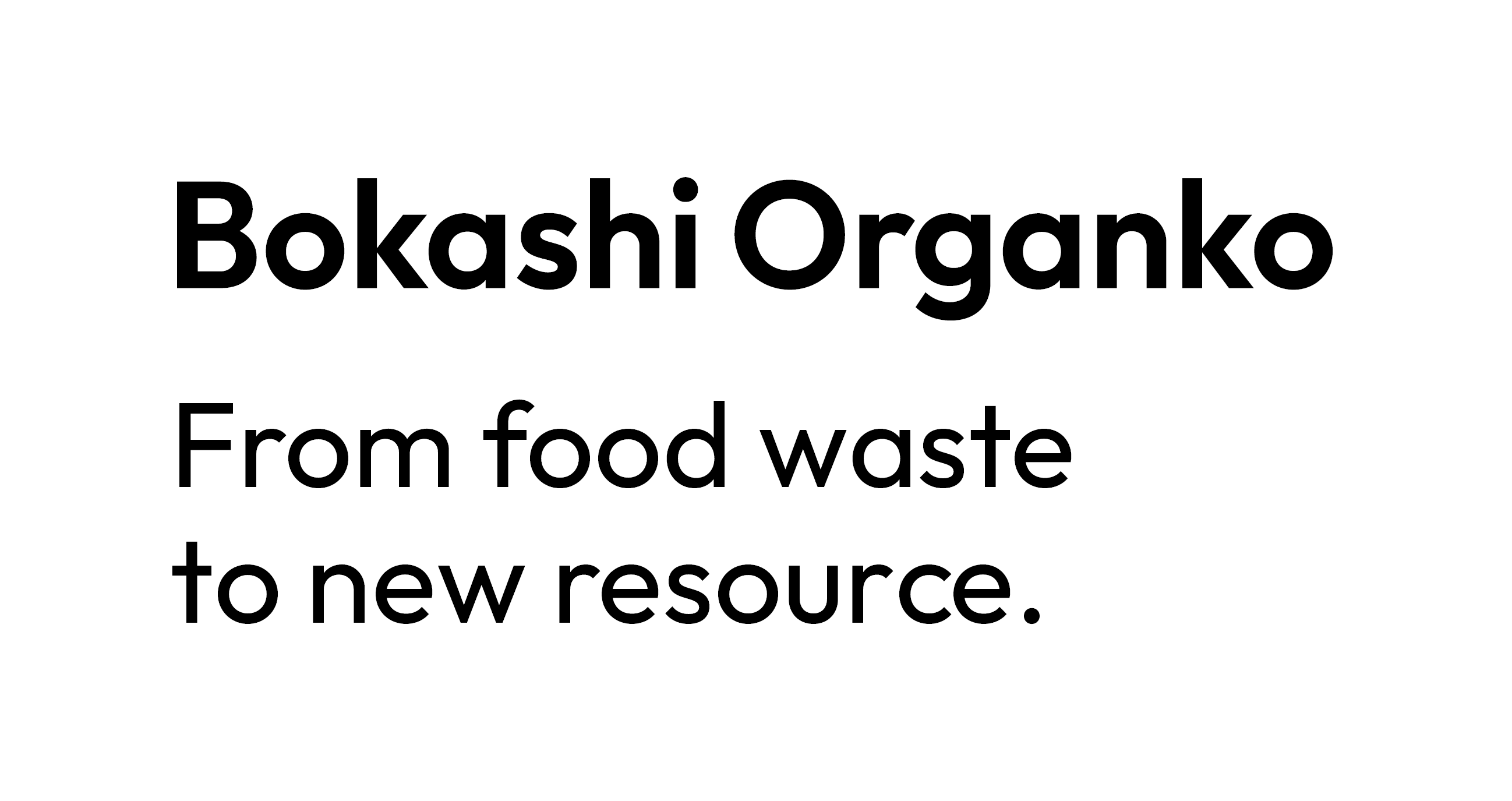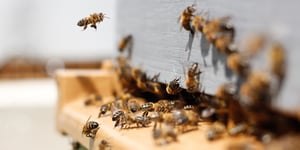Albert Einstein, one of the smartest people who ever lived, once said: “If the bee disappeared off the surface of the Earth, then man would have only four years of life left.” He suggested that humankind will go extinct soon after the last bee disappears. “No more bees, no more pollination, no more plants, no more animals, no more man,” he added. To emphasize the importance of these hard-working little animals not just for humankind but also for nature in general, back in 2017, the United Nations member states approved Slovenia’s proposal to celebrate May 20th as World Bee Day.
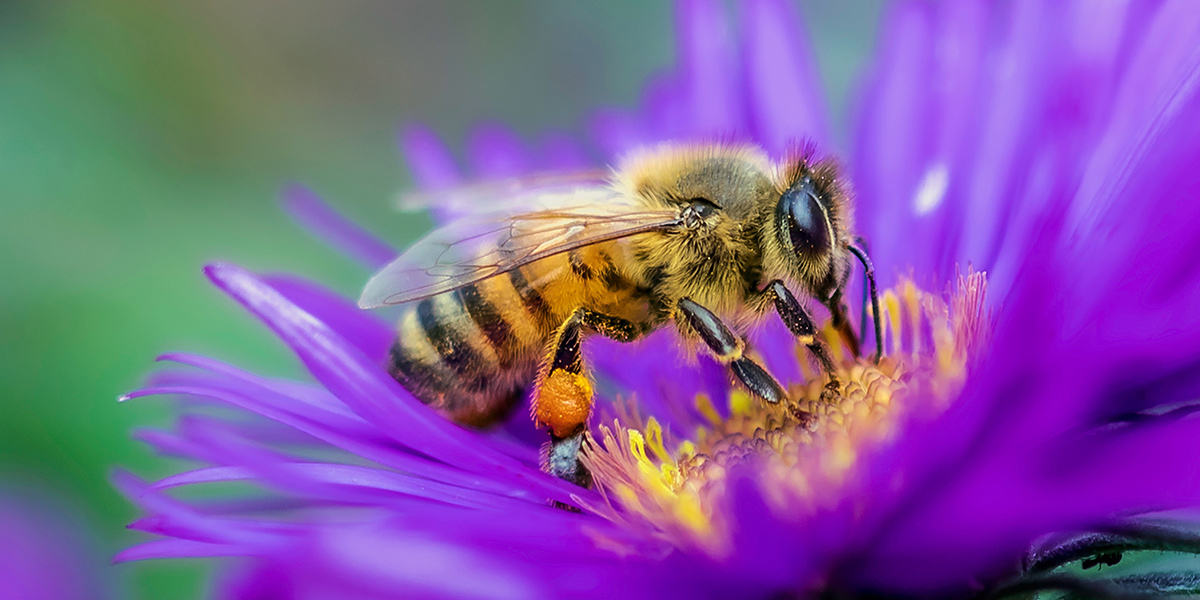 Why is May 20th celebrated as World Bee Day?
Why is May 20th celebrated as World Bee Day?
The date for celebrating World Bee Day on May 20th was suggested by the Beekeepers Association of Slovenia with the support of the national government. The primary purpose of this initiative was to raise awareness about the importance of bees to the environment, as well as to honor the legacy of Anton Janša, the pioneer of beekeeping.
Slovenia is nowadays widely recognized as the cradle of modern beekeeping. And rightly so, since honey production has a really long history here. The tradition originates in the 7th century when the beekeepers of the first Slavic state (Carantania) were supplying honey to monasteries, churches, and counties all over Europe.
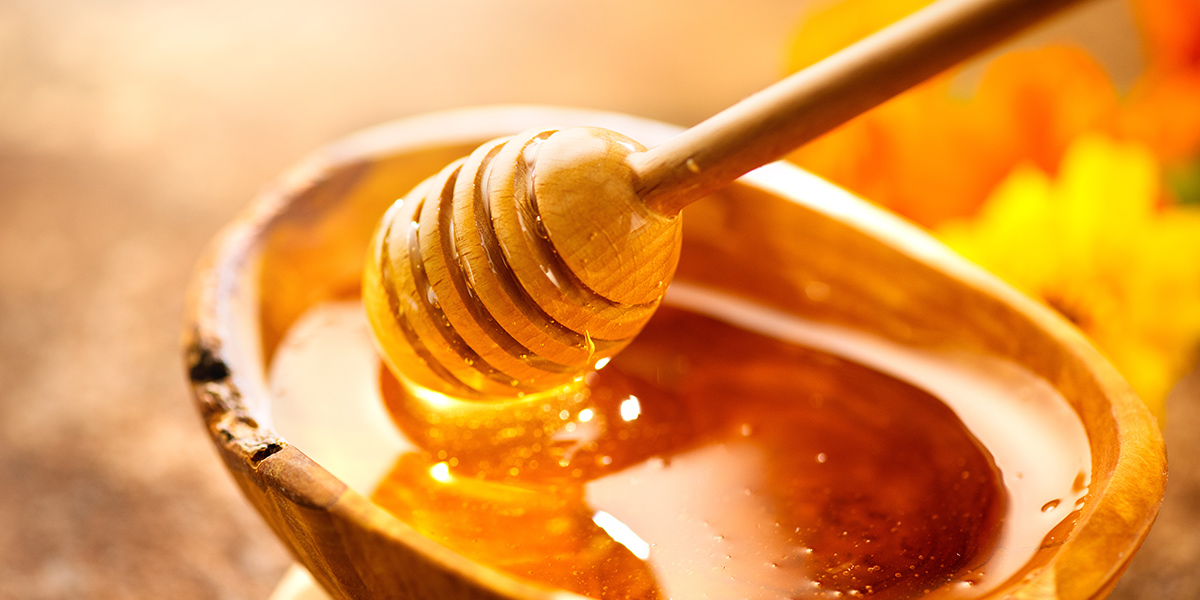 Because of the region’s incredible biodiversity and favorable climate conditions, a particular type of beehive evolved and was significantly upgraded in the 18th century by Anton Janša from Žirovnica, a small town at the foothills of the Karavanke mountain range in the region of Gorenjska. Janša was born in 1734 into a family that owned more than a hundred beehives, and he soon developed a fascination for this craft. His inventive approach and excellent observation skills led Janša to revolutionize the trade of beekeeping. He introduced a new apiary design, defined the role of drones and queen bees and overall perfected honey production techniques.
Because of the region’s incredible biodiversity and favorable climate conditions, a particular type of beehive evolved and was significantly upgraded in the 18th century by Anton Janša from Žirovnica, a small town at the foothills of the Karavanke mountain range in the region of Gorenjska. Janša was born in 1734 into a family that owned more than a hundred beehives, and he soon developed a fascination for this craft. His inventive approach and excellent observation skills led Janša to revolutionize the trade of beekeeping. He introduced a new apiary design, defined the role of drones and queen bees and overall perfected honey production techniques.
Janša put all the accumulated knowledge into two books on apiculture which became an important source of information for beekeepers of the time and were greatly sought-after throughout the vast Hapsburg Empire, which the territory of Slovenia was then a part of. Moreover, empress Maria Theresa named him the official teacher of apiculture at her court in Vienna.
The hard-working Carniolan bee
Another reason why the initiative for celebrating World Bee Day came from Slovenia is its native bee, better known as Carniolan bee (Apis mellifera carnica). It is the second most common honeybee in the whole world, after its Italian counterpart. The Carniolan bee is widely celebrated for its great sense of orientation, hard work, non-aggressive behavior, immunity to diseases, quick spring build-up and suitability for collecting forest honeydew. It has proved itself to be so valuable to Slovenians that they decided to protect it under special legislation.
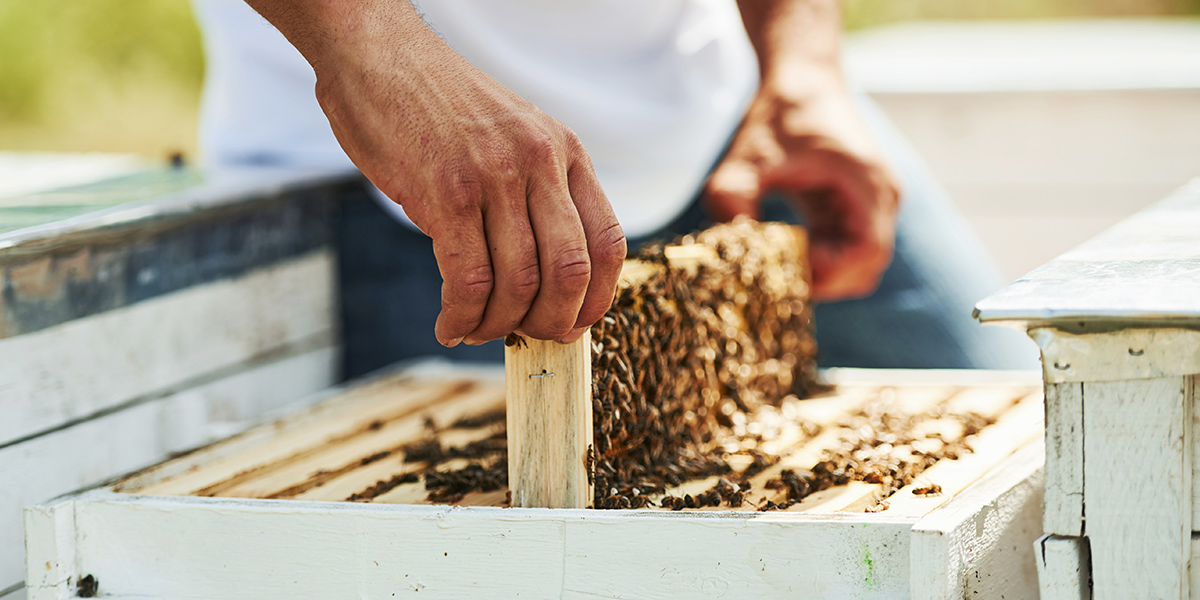 A chat with a Beekeeper
A chat with a Beekeeper
Peter Bricman, a beekeeper from the Ravne-Šoštanj beekeeping family, has been engaged in beekeeping for ten years. He says that humanity can survive without bees for about seven years and highlights a challenge that everyone should face: “With intensive agriculture, bees have been affected in recent years because there are fewer and fewer honey plants. Meadows are fertilized for better growth, thus destroying flowering plants. Undergrowth for certain honey plants is being exterminated, forests are being exterminated, and large-scale environmental interventions have taken place in the Šaleška valley with industry. There is a shortage of food for bees from year to year.” He emphasizes that a substitute is urgently needed if we want to preserve bees and, consequently, our planet.
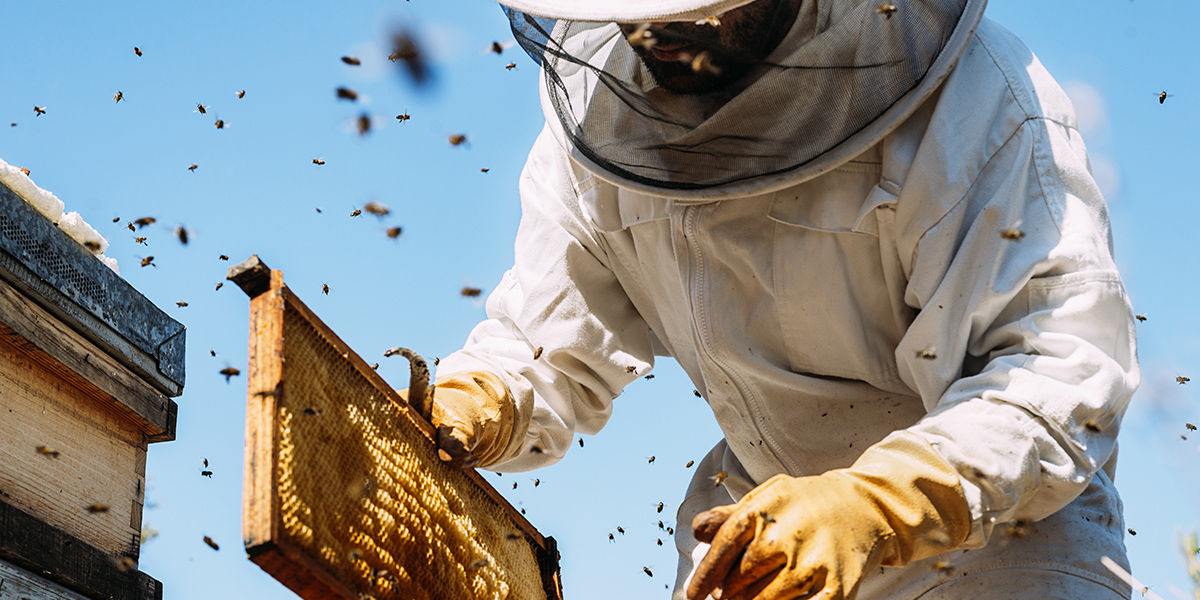 How to celebrate World Bee Day?
How to celebrate World Bee Day?
Bees are as much a vital part of the great circle of life as are the sun and water. They are taking care of us, so it is our responsibility to take care of them. The best way to celebrate World Bee Day is to make a move towards a more sustainable and zero-waste lifestyle on a personal level. If each and every one of us starts participating in this great green movement, the change will follow soon.
And we can learn a lot from the bees. They show us how much can be accomplished when we work together. Just as a single bee alone cannot fill a jar with honey, neither can a single person affect climate change. But when we work together, only the sky is the limit.

